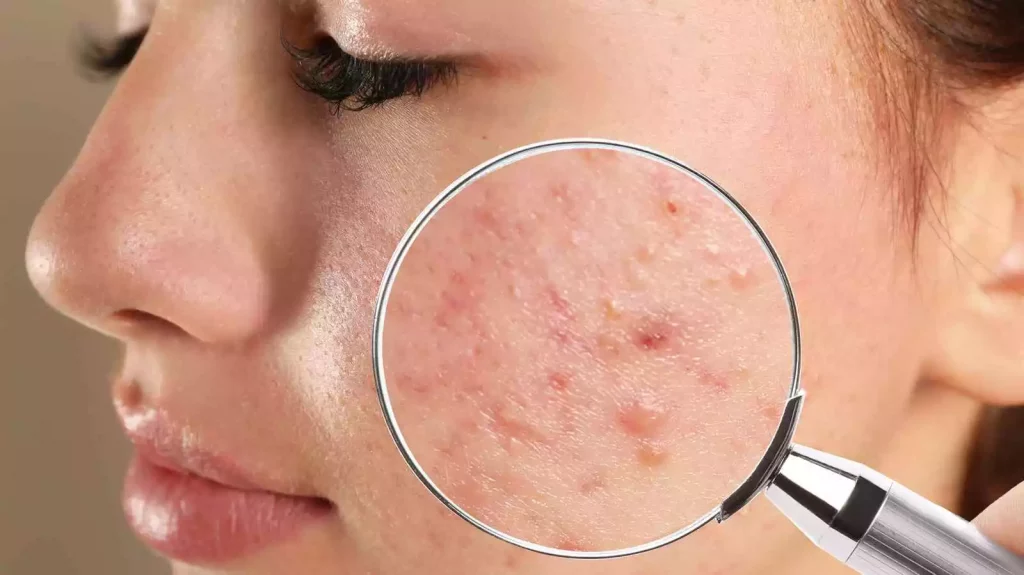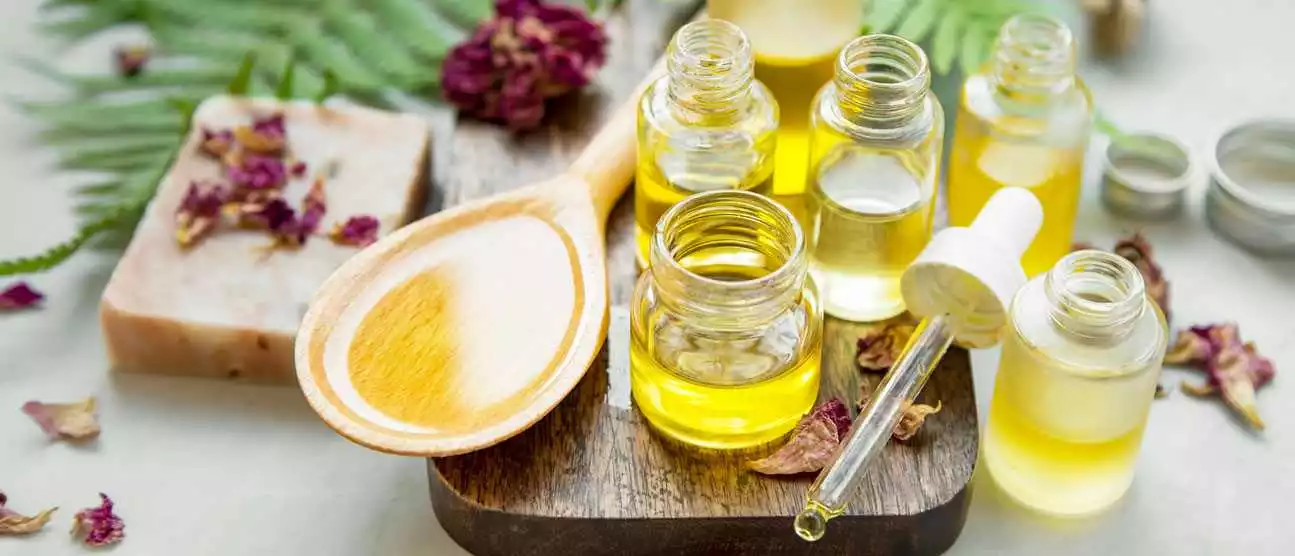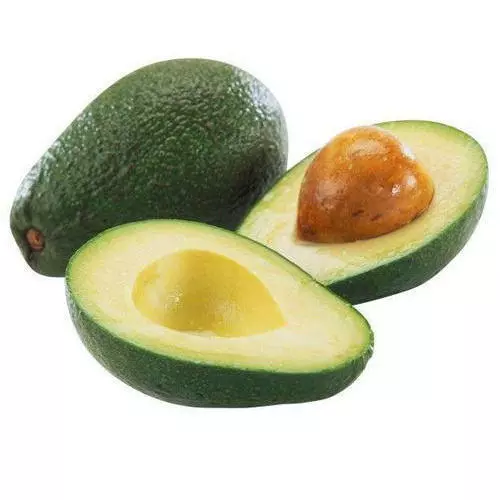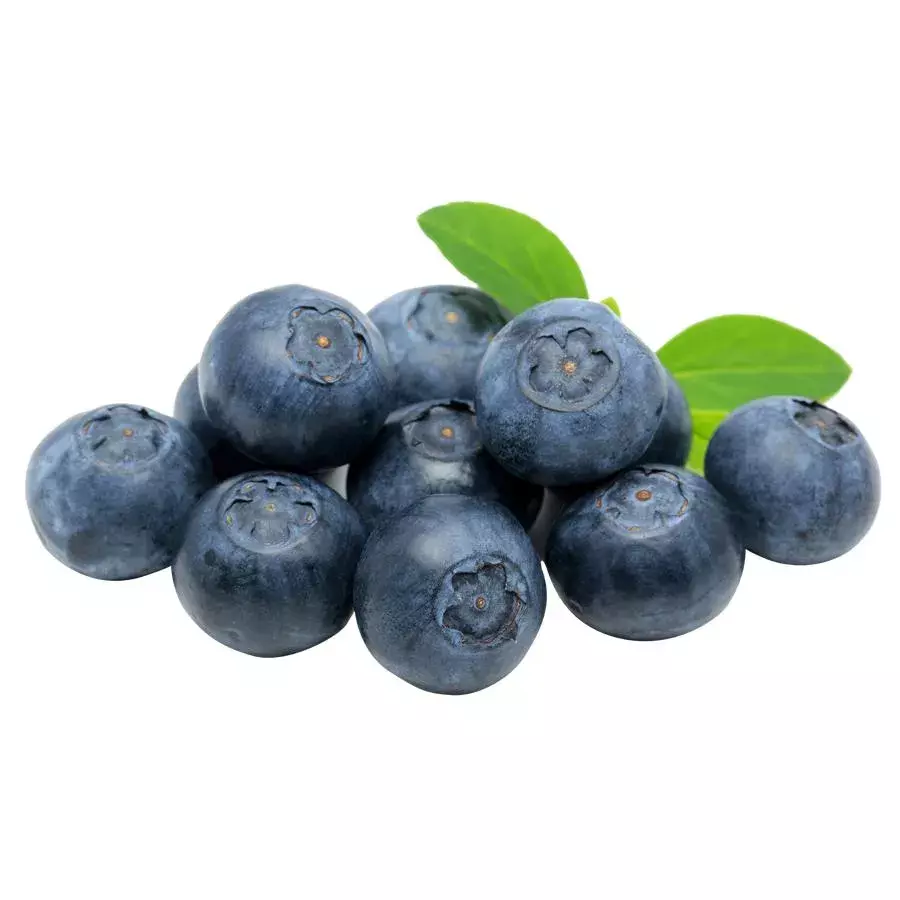What is Acne? Learn How to Prevent, Treat & Control Acne 2022
Acne is the most common skin disease. It’s not a sign of poor hygiene or unhygienic habits. Acne is caused by a build-up of excess sebum in the hair follicles, and this can happen for a variety of reasons. Even if you don’t suffer from acne, chances are someone you know does because it affects up to 90% of people at some point in their lives.
Red pimples and spots appear when pores become blocked with oil, dead skin cells, and bacteria. This causes irritation and liquefaction of these materials which then results in red pimples on the skin surface. If you have oily skin, have been exercising more lately, or perhaps have recently switched your skincare products, acne might be an unfortunate side effect. Luckily there are ways to prevent and treat acne naturally.
What Causes Acne?

The main cause of acne is an increase in sebum production by the sebaceous glands. Sebum is an oily substance that is produced by your skin to protect it from drying out. When the amount of sebum that’s produced by these glands increases, the sebum can’t flow out of the skin like it normally would. This causes the sebum to build up inside of the hair follicles.
When this happens, the bacteria that naturally exists on your skin also starts to build up inside of the hair follicles. Over time, this combination of excess sebum and bacteria leads to a plugged up hair follicle that is filled with a mixture of dead skin cells and bacterial waste. When this happens, the follicle bulges outwards, and this is what we call a pimple.
Steps to Prevent & Treat Acne Naturally
There are several steps you can take to prevent and treat acne naturally. The following actions are recommended for anyone who wants to prevent acne and other types of skin breakouts.
1. Wash Your Face Twice a Day
Make sure you cleanse your face every morning and before you go to bed, even if you don’t wear makeup. Use a mild cleanser and water (or a cleanser toner like the StriVectin Clear + Brilliant Daily Cleanser, which includes a toner). If you wear heavy foundation or other makeup, then you can use a makeup remover first. Choose a gentle cleanser that is formulated for sensitive skin.
2. Exfoliate your Face Once a Week
Dead skin cells can build up on your face and clog pores. This is especially true if you have oily skin. Exfoliating once a week can help to reduce the amount of dead skin cells and other impurities on the surface of your skin. It also can help you to get better results from your other skincare products, such as your acne treatment products.
3. Use an Acne Treatment
If you get frequent breakouts, consider talking to your dermatologist about using an acne treatment product. Your dermatologist can help you to choose the right acne treatment product for your skin.
Natural Oils for Acne

Certain natural oils can be used to help treat acne. When applied to the skin, these oils have powerful anti-inflammatory properties that can reduce the inflammation and redness associated with acne. Tea tree oil is a powerful antiseptic that can kill bacteria and reduce swelling, inflammation, redness and pain. It also helps to reduce excess oil, making it useful for acne-prone skin.
Coconut oil is great for the skin. It has anti-inflammatory properties that can help reduce the redness associated with acne. It also absorbs quickly into the skin, making it great for treating acne on the face, back and other areas of the body.
Foods That Fight Inflammation
Foods that fight inflammation can also help to reduce acne. Try including more of the following foods in your diet to help to reduce the amount of acne you get.
1. Avocado

Avocado is a rich source of vitamin E, which research has shown to have beneficial effects on acne. Vitamin E is an important nutrient that can help to reduce the amount of acne that you get.
2. Blueberries

Blueberries are a rich source of antioxidants that can help to reduce the amount of acne that you get. Acne is caused by an increase in the production of free radicals in the skin. These are molecules that can damage the skin and lead to the development of acne. Antioxidants can help to reduce the amount of free radicals in the skin and reduce the amount of acne that you get.
Exfoliating & Brightening Shampoos
Exfoliating shampoos are great for acne-prone hair. When you have oily hair and face, it’s important to cleanse it at least once a week. Exfoliating shampoos are gentle on the hair and scalp, but they are strong enough to remove impurities from the follicles. They also help to reduce inflammation and prevent the formation of acne breakouts.
The best exfoliating shampoo for acne is one that contains salicylic acid, lactic acid or glycolic acid. These ingredients can help to keep pores clear and treat acne.
Conclusion: Best Acne Cream
Despite what you might think, acne is not a sign of poor hygiene. It’s a common skin condition that affects many people for a variety of reasons. To prevent and treat acne, cleanse your face twice a day, use an acne treatment, and eat foods that fight inflammation.
Exfoliating and brightening shampoos are great for acne-prone hair. You can also try some of the natural oils listed above to help treat acne.
Source –


